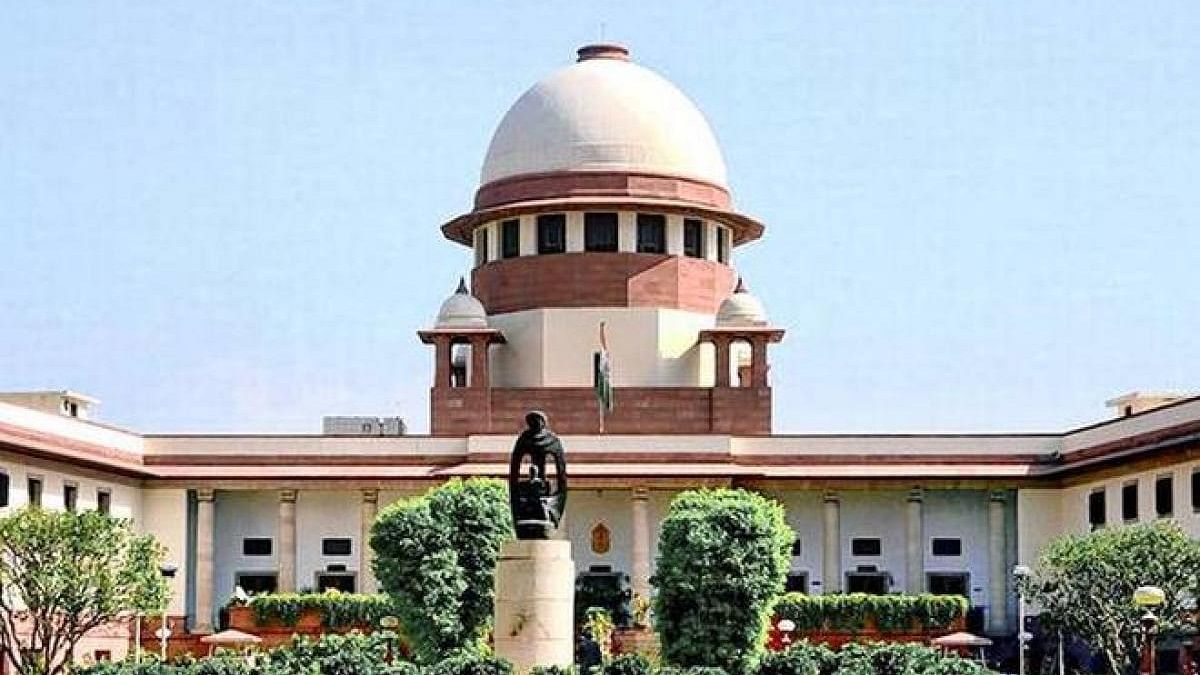
The SC refused to entertain the Delhi Medical Association's petition which also sought directions to the authorities to ensure adequate security at hospitals and medical centres to prevent attacks on doctors and healthcare workers by patients' relatives and others.
Credit: PTI File Photo
New Delhi: The Supreme Court on Friday refused to entertain a Delhi Medical Association plea seeking directions for the protection of doctors from violence, saying laws already exist to deal with such instances.
However, a bench of justices Sanjiv Khanna, Sanjay Karol and Sanjay Kumar gave liberty to the Delhi Medical Association (DMA) to approach appropriate forums in case of any particular instance of violence.
"I had to visit a hospital recently, I saw placards placed there saying violence against doctors is a serious offence. You see laws are already there to deal with such instances," Justice Khanna told senior advocate Vijay Hansaria, appearing for the DMA.
The apex court was hearing the DMA's petition which also sought directions to the authorities to ensure adequate security at hospitals and medical centres to prevent attacks on doctors and healthcare workers by patients' relatives and others.
Hansaria submitted that the concern is about preventive measures to be put in place as incidents of violence against doctors are occurring quite often.
Justice Khanna said the court cannot direct legislation and nowadays, every hospital has a police officer or security in place to thwart any such incident.
The senior advocate said this is not the situation in all hospitals and most of the medical institutions in rural areas lack such security apparatus.
Observing that anybody who indulges in violence can be dealt with under the Indian Penal Code, the bench said the only question is the implementation of the law.
"We are not inclined to entertain the petition. In case of any difficulty in any particular case, the petitioner association of doctors is at liberty to take up the said issue before the competent court," it said.
On September 5, 2022, the top court, while hearing the petition which was filed in 2021, said the Centre and state governments cannot be expected to provide security cover to private hospitals.
It had observed that private hospitals and medical centres are business enterprises and must make their own security arrangements and in so far as government hospitals are concerned, security is arranged by the concerned hospitals.
The top court said that a large number of hospitals, nursing homes and medical centres in the country are private ones.
It had also questioned the petitioners on what kind of norms could be laid in the matter and asked the association why it had not approached the high court on this issue.
The plea, filed through advocate Sneha Kalita, also sought directions to the Centre and states to have a distress fund to grant compensation to the victim or the family of the deceased healthcare workers, including doctors and nurses, in case of such violence.
The petition says there is an increase in the number of such assaults and verbal abuse, and "extreme incidents of public lynching" that have led to the death of doctors and health workers.
"The petitioners are seeking appropriate directions in the form of guidelines to have a security system in place to ensure a safe working environment for the medical service personnel/professionals and the health care workers," it said.
"At present, there is no substantial central legislation which has a holistic mechanism of preventive, punitive and compensatory measures which can address the above-mentioned issues of violence against medical service personnel/professionals and the health care workers," the plea claimed.